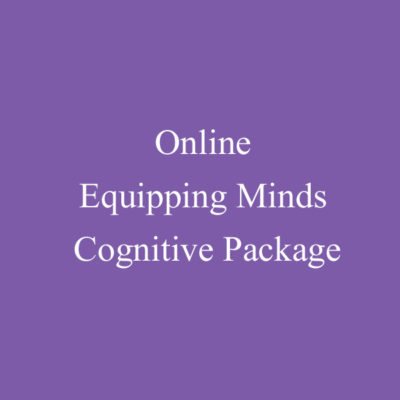Successful listening and learning depends on good auditory processing. Challenges in auditory processing are seen in learners with dyslexia, ADHD, language and auditory processing disorders, Autism, tinnitus, memory struggles, and learning challenges. Auditory processing means the ability to translate speech sounds into words and meaning, and then recreate those sounds as speech.There is a great deal more than hearing required for successful use of language.
A fractional delay in any stage of this perception can lead to great difficulties when it comes to learning the skills of reading, writing and spelling. Poor auditory memory may be part of the problem and a person who is otherwise quite intelligent may have enormous difficulties performing academically when these functions are impaired.
Although they can hear, they have difficulty making sense of what they hear. They cannot tune out unwanted input and focus on selected sounds. Poor functioning of the frontal lobe means the child cannot think quickly enough to put the brakes on and control the impulse to act impacting behavior.
How Sound Therapy May Help Right Ear Dominance
Sound Therapy recordings are made so that the sound is louder in the right ear. This improves the efficiency of the brain in processing language because the right ear connects to the left side of the brain, which is the language centre. The result is an improvement in reading, attention, memory, and language.
Sound Therapy stimulates the brain pathways. When the processing speed is increased it is easier for the student to keep up and not be constantly struggling with information which is jumbled and mixed up because of being received in the wrong order.
Sound Therapy has been shown to help provide this rehabilitation for the ear and may help to re-organise the auditory transmission in the brain. This process helps to reduce stress and tension in the whole nervous system as the child becomes able to attend instead of being constantly distracted by every sound in the environment.




Is this program effective for sensory processing disorder?
Dear Lisa,
YES! The sound therapy and the reflex integration therapy is effective.
My daughter also has ADHD as well as sensory processing disorder .. what programs do you recommend for her ?
Would this be effective for adults too?
YES!!!! I love it and have seen a tremendous difference.
Jessica,
We truly believe the holistic approach is most effective. You can find the recommendations under the Parent Menu/ Forms & Recommendations.
YES! I use it myself!